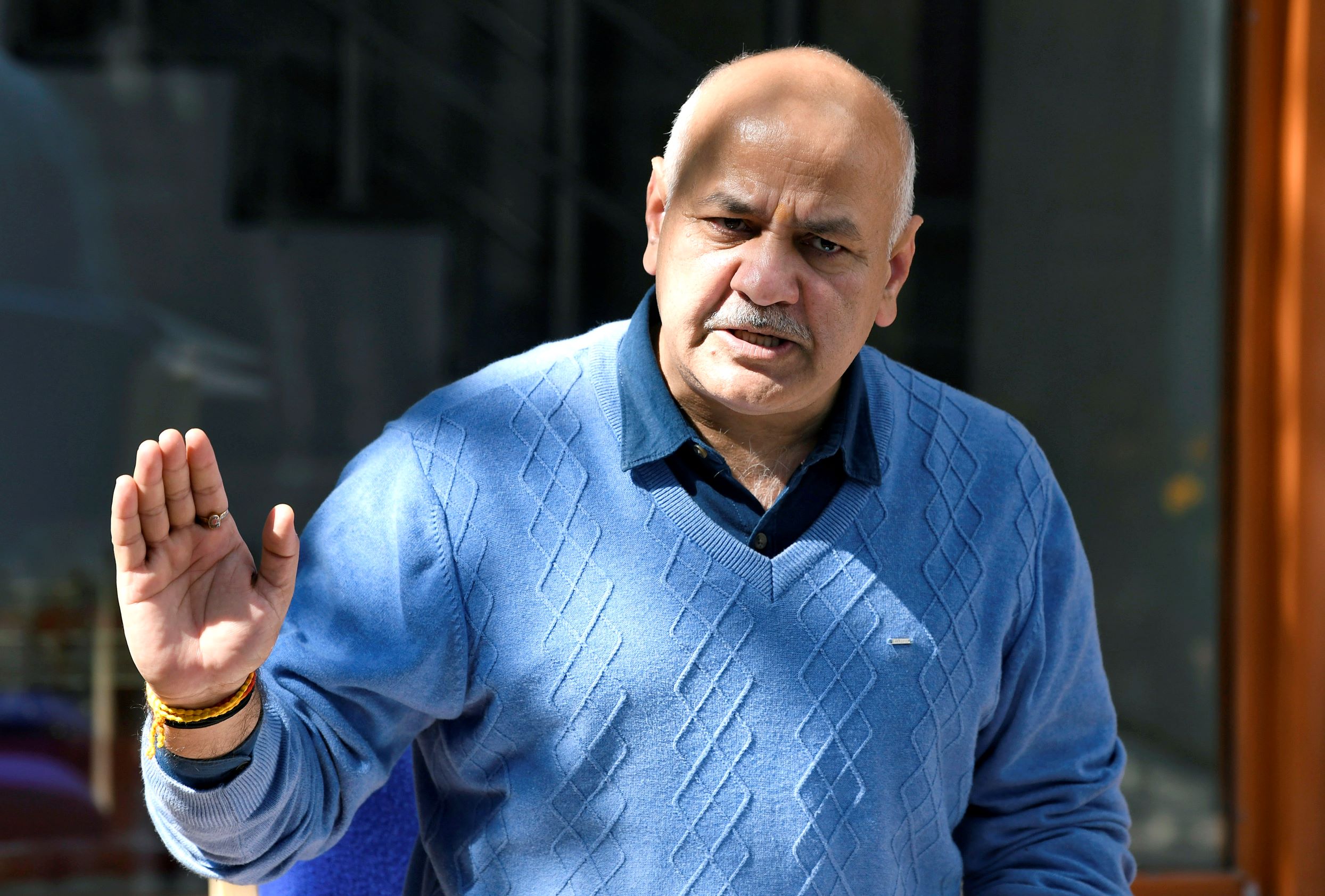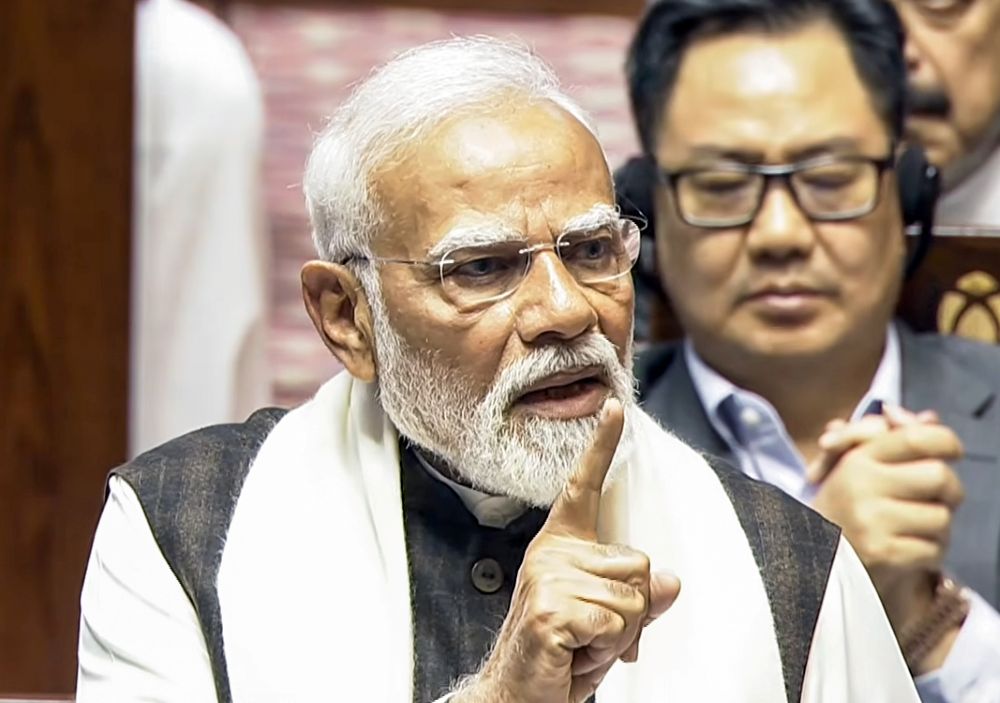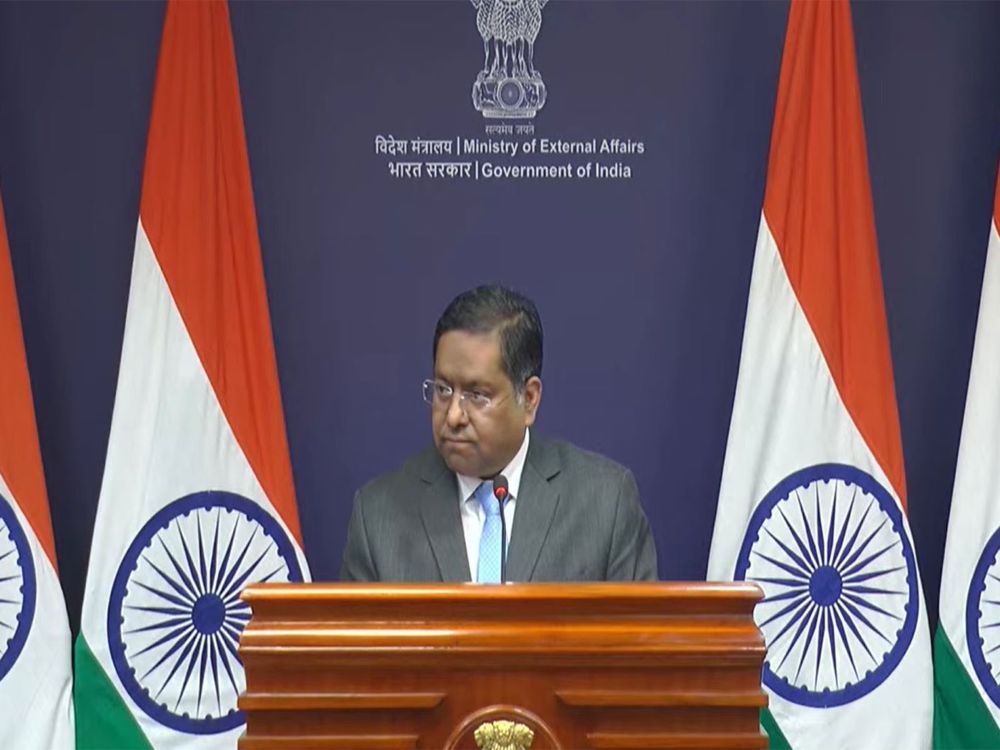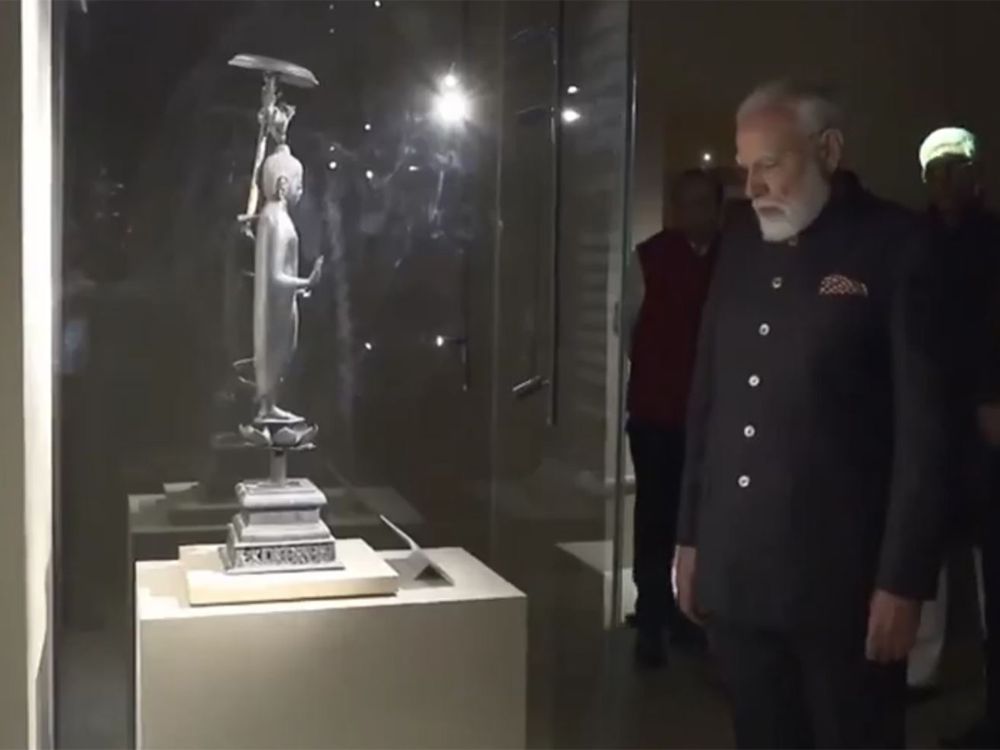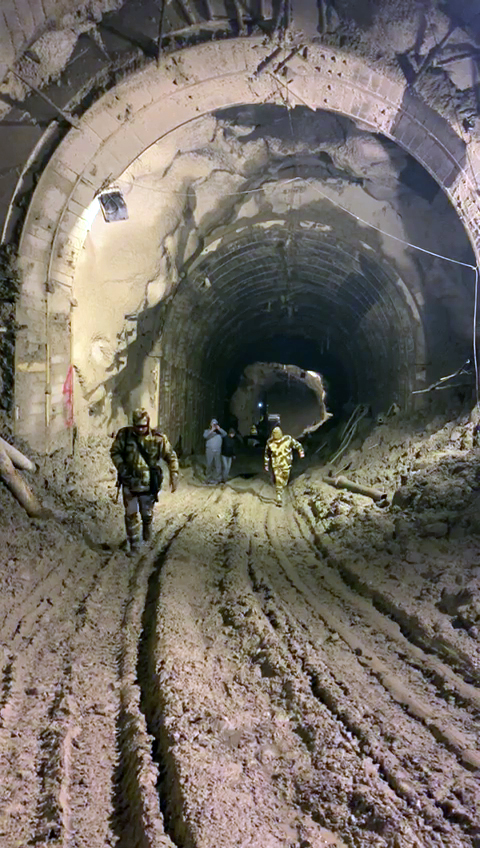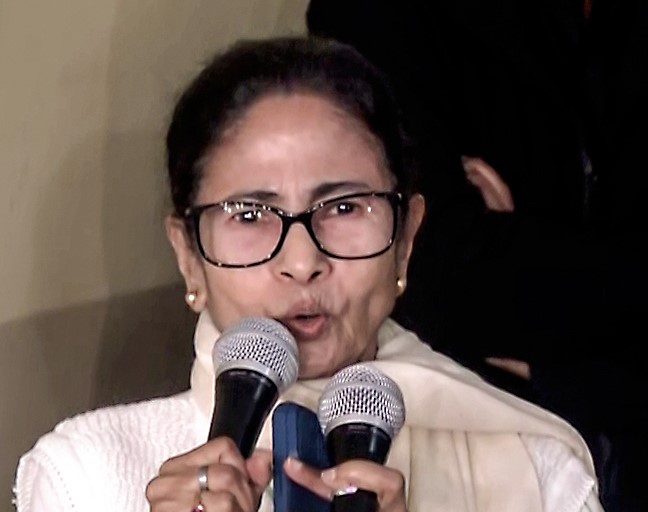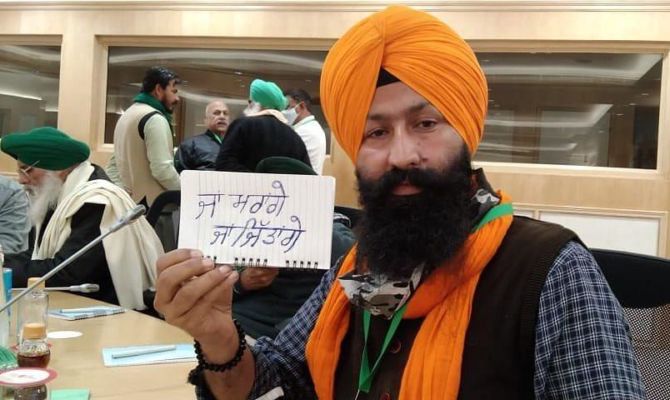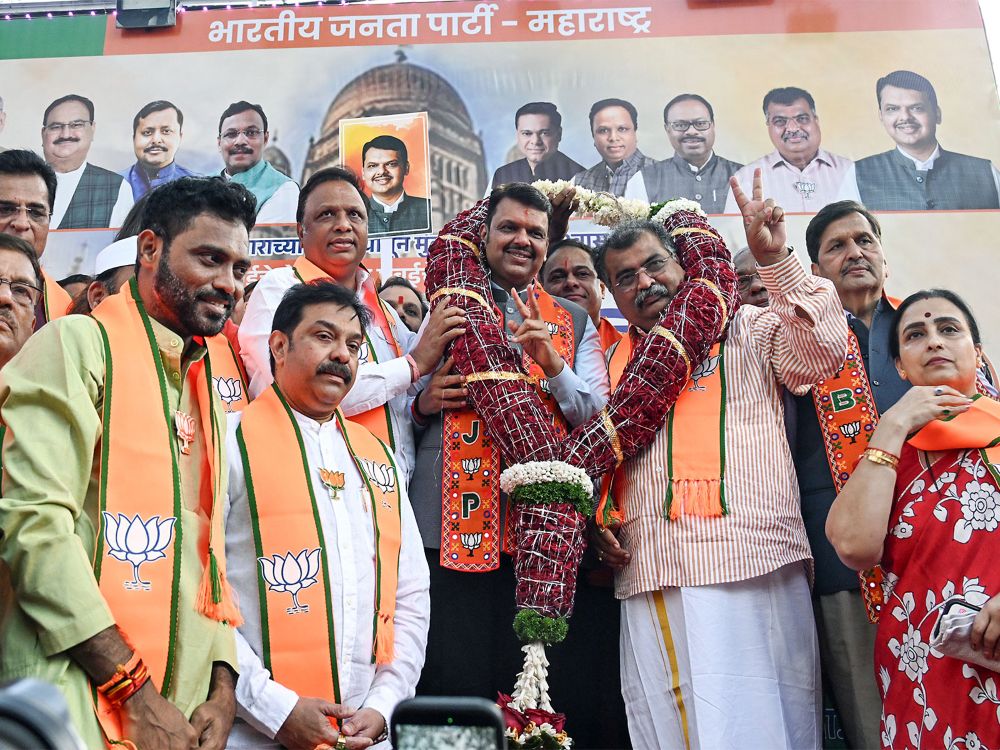Delhi Deputy CM says he received the CBI summons on Saturday, just a day after the apex court direction to Municipal Corporation of Delhi
Our Bureau
New Delhi
The CBI will issue a new date to summon Delhi Deputy Chief Minister Manish Sisodia in connection with the Excise Policy money laundering case. The CBI had summoned Sisodia for questioning regarding alleged irregularities in the Delhi excise policy 2021-22, in response to which the deputy CM requested the federal agency to call him any time after February-end as he was busy preparing the Budget for the national capital.
“I will visit the CBI office after February, whenever they (CBI) call me. As the finance minister, I am responsible for preparing the Budget. It is very important. Hence, I have requested the CBI to set a new date to summon me. I have always cooperated with the agencies,” Sisodia told media persons earlier on Sunday.
Meanwhile, the AAP leader linked the CBI summons on him in the excise policy case to the Supreme Court’s ruling on the MCD mayoral polls on Friday, which he claimed was a slap on the BJP’s face. Sisodia said he received the CBI summons on Saturday, just a day after the apex court directed that the election to Municipal Corporation of Delhi (MCD) Mayor shall be conducted first and nominated persons have no right to vote in meetings of the Corporation.
A bench led by Chief Justice of India DY Chandrachud on February 17 directed the authority concerned to issue notice for the election of mayor, adding that the first meeting of MCD shall be taken place within 24 hours. The court also directed that the notice will include the date on which the election of the mayor, deputy mayor and other members shall be held.
Following the Court’s directions, L-G V K Saxena approved the proposal of convening the meeting of the Municipal Corporation of Delhi on February 22 for the Mayoral elections, Deputy Mayor and six members of the standing committee.
Hinting that the CBI summons was the BJP’s way of getting back at AAP after the apex court setback over the holding of mayoral elections in the national capital, Sisodia said, “If we look at the sequence of events, the Supreme Court gave its decision on MCD polls on Friday evening, dealing a blow to the BJP. Just a day later, on Saturday, I received CBI summons (in the excise policy case), which said I was to appear on Sunday, at a time when I am busy preparing the Budget,” the deputy CM said.
“I can accept the BJP coming after me after the SC ruling came as a slap on its face. It is the level of politics they resort to. But what I find unacceptable and wrong is that they are doing this at a time when the Budget is at its finishing stage and any delay in the process could bring our work for the city and its people to a halt,” he added.
The agency summoned Sisodia nearly three months after filing a chargesheet in the Delhi excise policy case, officials said.
However, Sisodia has not been named an accused in the chargesheet filed in the case. Arrested businessmen Vijay Nair and Abhishek are among the seven accused named in the chargesheet. In August last year, the CBI searched Sisodia’s bank locker in connection with the case. The deputy CM claimed the sleuths did not find any incriminating material in his locker.
Several raids were conducted at 21 places in Delhi and the National Capital Region, including Sisodia’s residence, and the premises of four public servants last year, according to a CBI officer, who further said that the raids were conducted across 7 states.
The CBI launched a probe in the matter on the basis of a report forwarded by the Delhi chief Secretary to Delhi’s Lieutenant Governor VK Saxena recommending a CBI investigation into the matter. The excise policy was passed by Chief Minister Arvind Kejriwal-led Delhi Cabinet in the middle of the deadly Delta Covid-19 pandemic in 2021.
The Delhi government’s version is that the policy was formulated to ensure the generation of optimum revenue, and eradicate the sale of spurious liquor or non-duty paid liquor in Delhi, besides improving user experience.
It has been alleged that the Delhi government’s policy of granting licenses to liquor traders is in the interest of some dealers who allegedly paid bribes for it, a charge strongly denied by AAP.
















